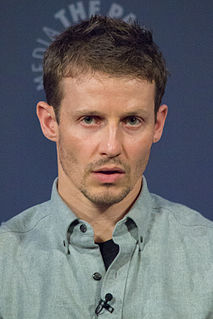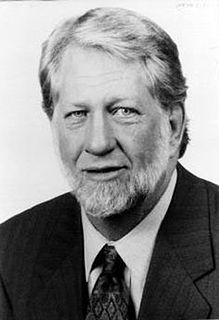A Quote by William J. Clinton
If you look at how many thousands and thousands of pages, Web pages, are being added to the Internet every day, it's the fastest growing organism in human history for communications.
Related Quotes
Once you understand that everybody's going to get connected, a lot of things follow from that. If everybody gets the Internet, they end up with a browser, so they look at web pages - but they can also leave comments, create web pages. They can even host their own server! So not only is everybody consuming, they can also produce.
I was a journalist. I was a drummer. I was everything. I didn't know what the heck I was. But with Jack Paar, the job was very specific - no confusion. You came in each day. You wrote five pages of jokes. You handed the pages in... The pressure was to write five pages of jokes every day. I did it, and I thought, 'This is what I like to do.'
The 'old' Internet is shrinking and being replaced by walled gardens over which Google's crawlers can't climb. Sure, Google can crawl Facebook's 'public pages,' but those represent a tiny fraction of the 'pages' on Faceboo, and are not informed by the crucial signals of identity and relationship which give those pages meaning.
There is a hideous invention called the Dewey Decimal System. And you have to look up your topic in books and newspapers. Pages upon pages upon pages…” Uncle Will frowned. “Didn’t they teach you how to go about research in that school of yours?” “No. But I can recite ‘The Battle Hymn of the Republic’ while making martinis.” “I weep for the future.” “There’s where the martinis come in.
































